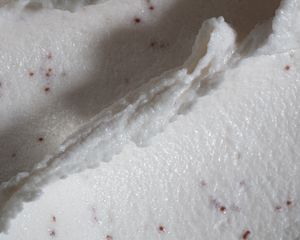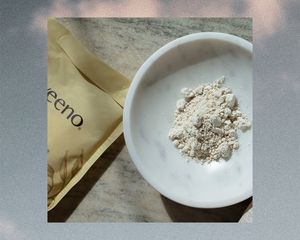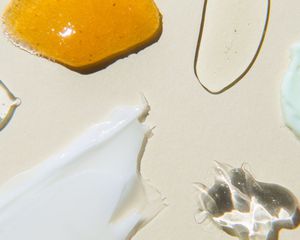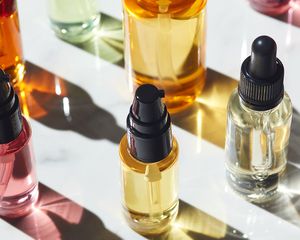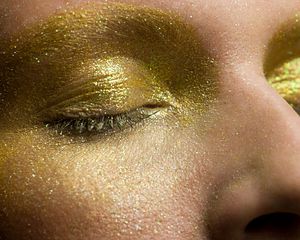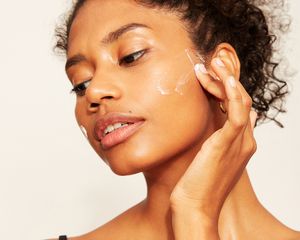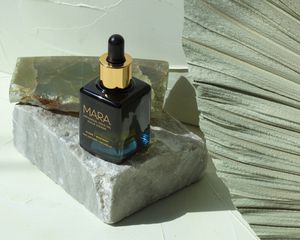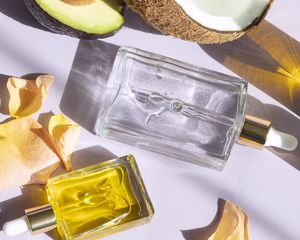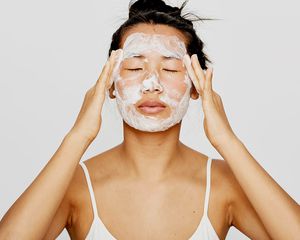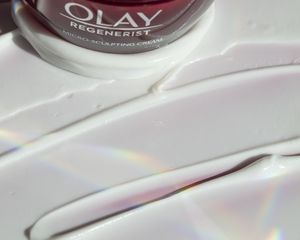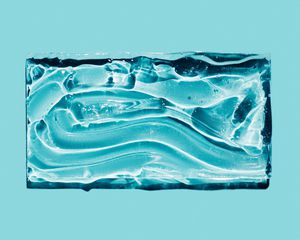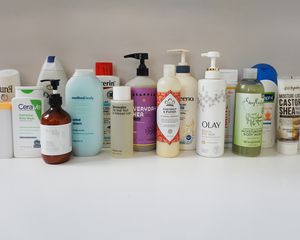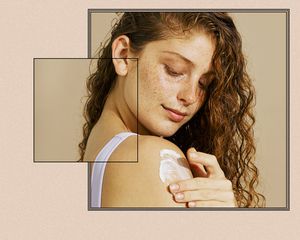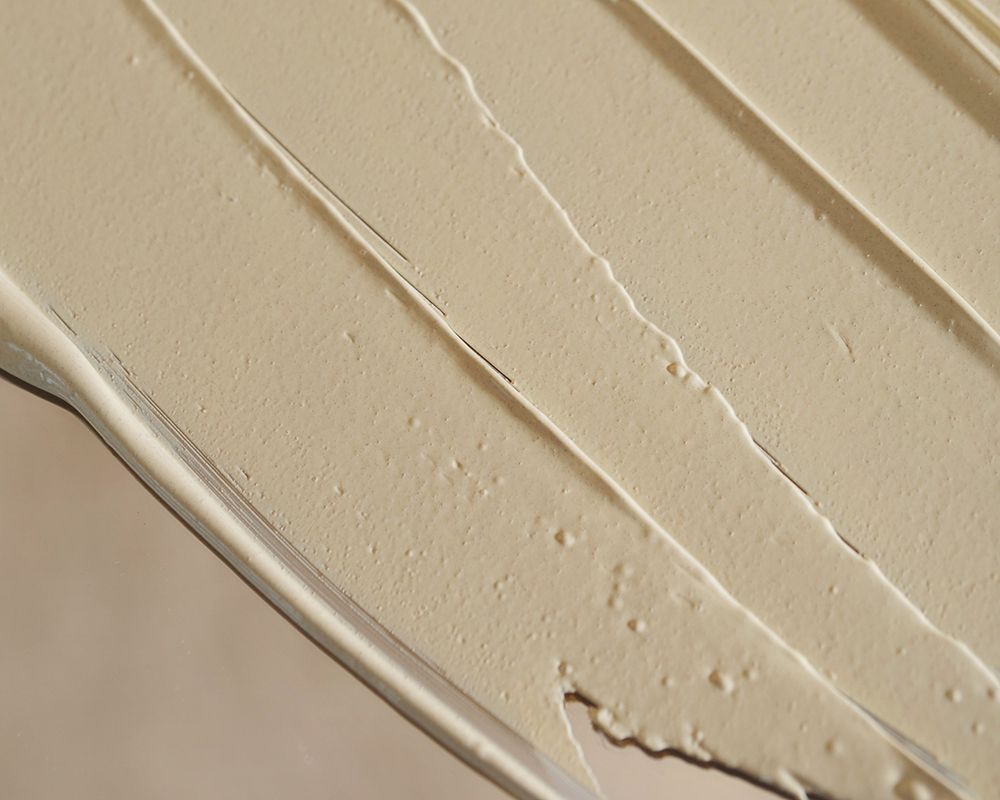
Tawni Bannister / Byrdie
Have you ever wondered what keeps your skincare products fresh and free of mold? The answer is preservatives—and sodium benzoate is one of them. “Sodium benzoate is used in a lot of industries, typically the food, beverage, and cosmetic industries,” says board-certified dermatologist Neda Mehr, MD. “It's best known as a preservative, basically a manmade compound that helps extend shelf life.” We asked Mehr and board-certified dermatologist Joshua Zeichner, MD, to tell us more about this ubiquitous ingredient.
Meet the Expert
- Neda Mehr, MD, is a board-certified dermatologist, the founder of Pure Dermatology Cosmetic & Hair Center in Newport Beach, California, and the creator of DermBx.
- Joshua Zeichner, MD, is an associate professor of dermatology at Mount Sinai Hospital in New York City.
Commonly found in commercially available skincare products, sodium benzoate can be spotted on the ingredients list for practically everything in the category, including lotions, moisturizers, and serums. Keep reading to find out about sodium benzoate in skincare.
Sodium Benzoate for Skin
TYPE OF INGREDIENT: Preservative
MAIN BENEFITS: Extends the shelf life of skincare products
WHO SHOULD USE IT: It is found in many skincare products, but those with sensitive skin should avoid it.
HOW OFTEN CAN YOU USE IT: Depends on the formulated product
WORKS WELL WITH: Most other ingredients
DON’T USE WITH: Vitamin C/ascorbic acid
What Is Sodium Benzoate?
“Sodium benzoate is a preservative used in skincare products to prevent the overgrowth of microorganisms that contaminate the product itself,” says Zeichner. “Unfortunately, the farm-to-table model does not work when it comes to skincare. In order to give skincare products shelf life, they must contain preservatives to prevent microorganisms like bacteria and fungi from growing.”
Benefits of Sodium Benzoate for Skin
Sodium Benzoate has no known benefits for skin, but its ability to prolong the shelf life of your skincare products does impact your routine. “It's a preservative that allows you to not have to get a new skin skincare product every month,” Mehr says. “It can extend the shelf life up to two years, so that’s a benefit of it.”
Side Effects of Sodium Benzoate
“Sodium benzoate is generally well tolerated, although it can really cause a rash in the skin known as allergic contact dermatologist,” Zeichner says. “This may be more common in people who have conditions like eczema or a history of skin allergies.”
There are other preservative alternatives to sodium benzoate that are less likely to irritate the skin. “The FDA doesn't ban its use because it's pretty difficult to maintain the shelf life of your products,” Mehr says. “But there are other compounds out there and I think that we need to make that shift as an industry to some of the other compounds.”
When sodium benzoate is paired with vitamin C or ascorbic as a preservative, it can turn into benzene and become a potent carcinogen, which is linked to cancer. “At the end of the day, it's definitely to be avoided,” Mehr says. “And I think that because it's not banned, it's running rampant in consumables that are not clean and not dermatologist developed.” For that reason, it’s important for people with sensitive skin and conditions like eczema and rosacea to avoid sodium benzoate, since they already have a compromised skin barrier and its absorption will be magnified in those patients.
If sodium benzoate is heated, it can become more unstable and reactive, so Mehr recommends storing your skincare in a cool, dry place.
How to Use It
Since sodium benzoate isn’t used on its own, you can follow the instructions for products it’s formulated with. While there isn’t enough research to pinpoint the exact amount of usage at which sodium benzoate becomes dangerous, Mehr cautions that it essentially comes down to the surface area of where you're applying it. “It’s okay to apply it to just your face, but I would be more concerned if it were in a body wash that you are washing your whole body with, or a body lotion that you're moisturizing with every single day after the shower,” she explains.
“Because it's not like a naturally occurring compound that occurs in the human body, it is concerning,” Mehr says. “It's important that we take into consideration that this is a precursor to benzene, even though it's a preservative that can increase shelf life. I think that's the take-home message for sodium benzoate.”


